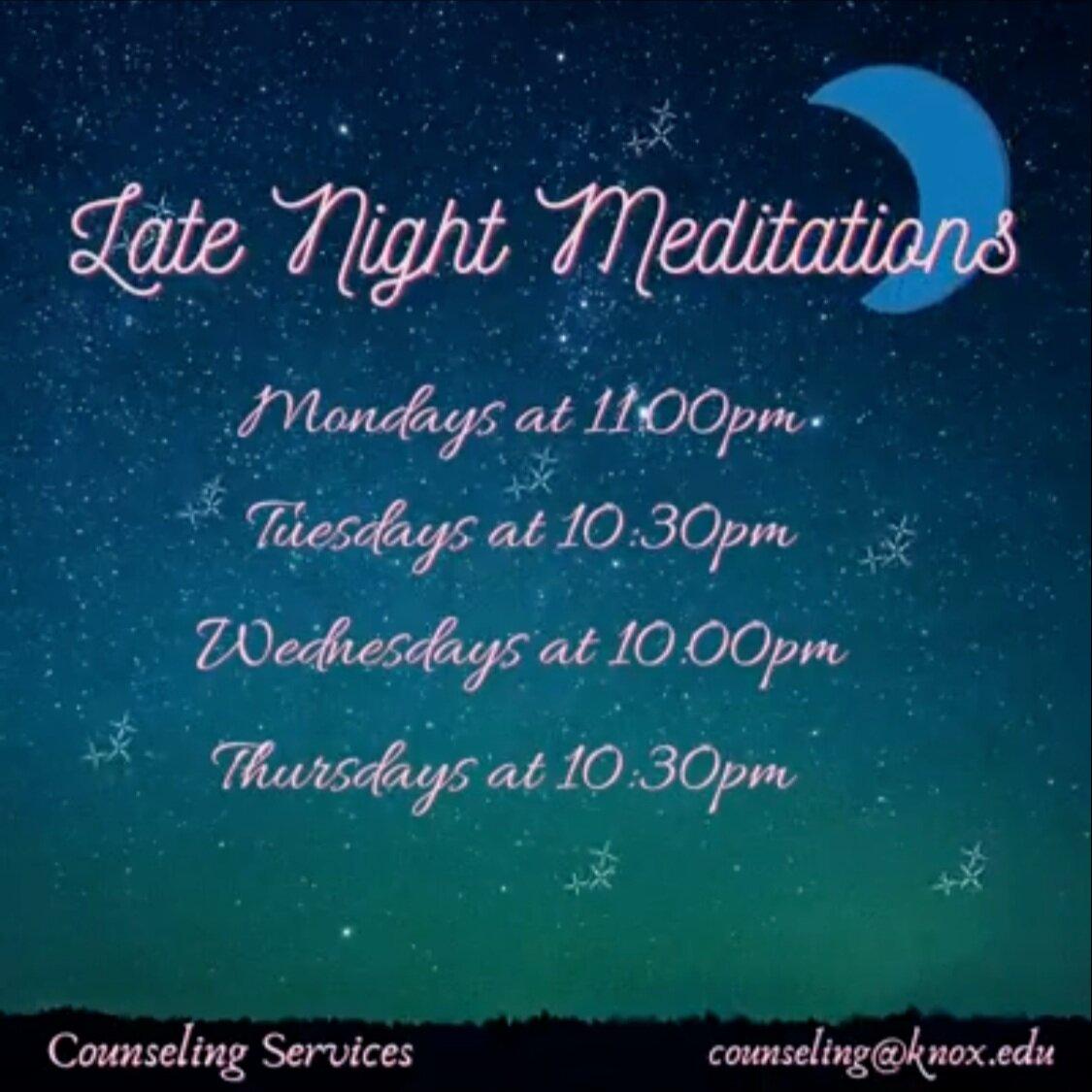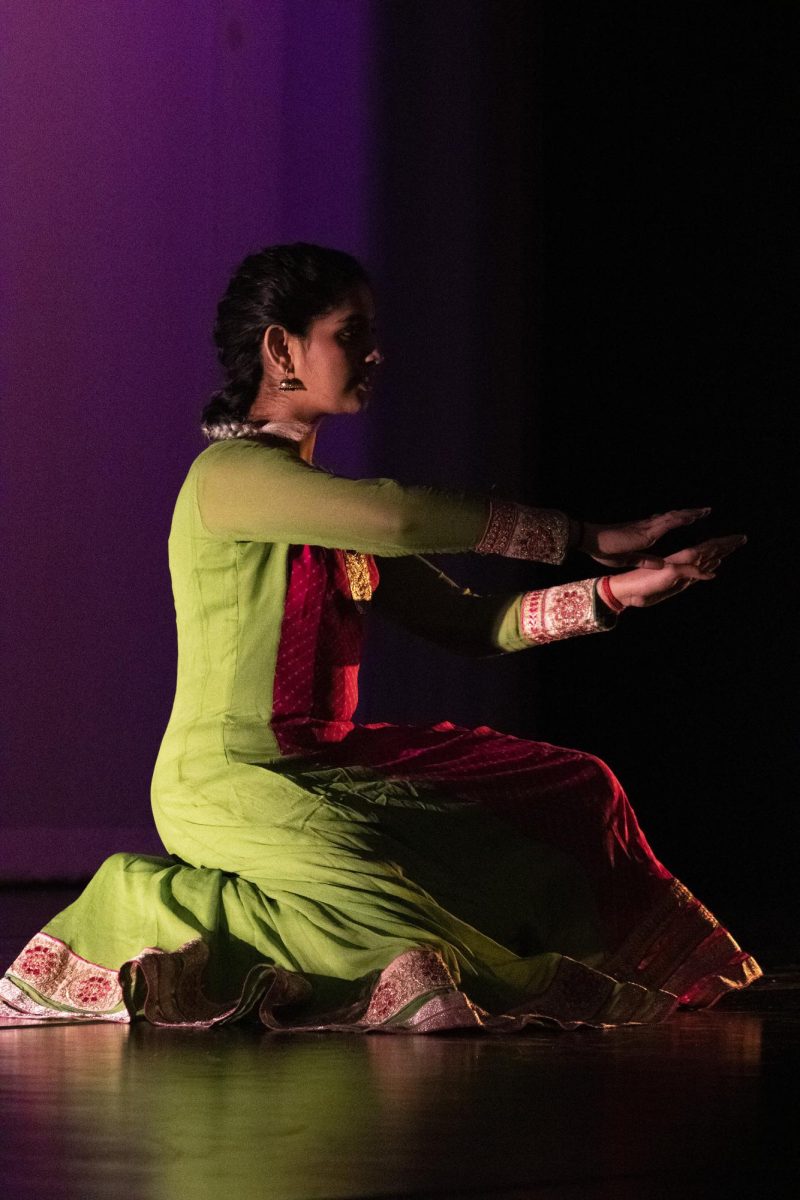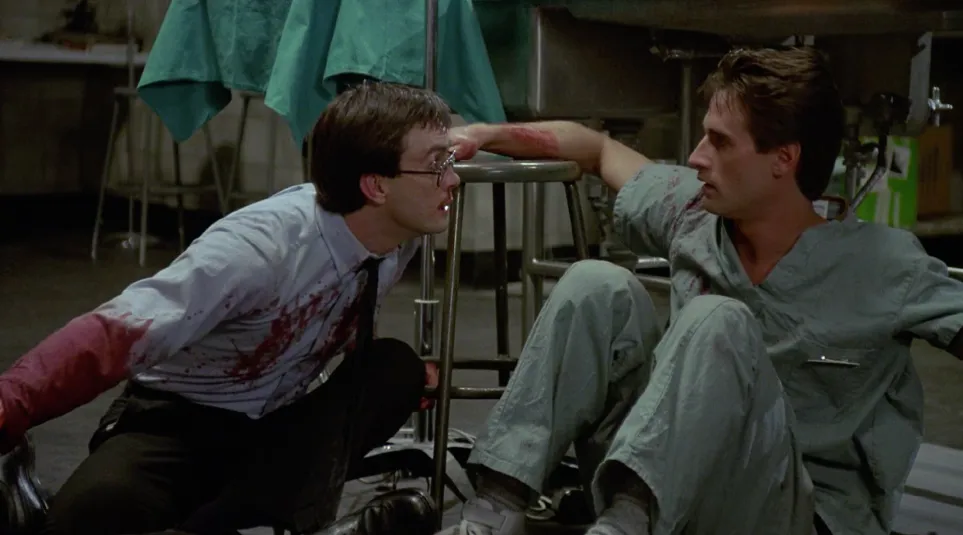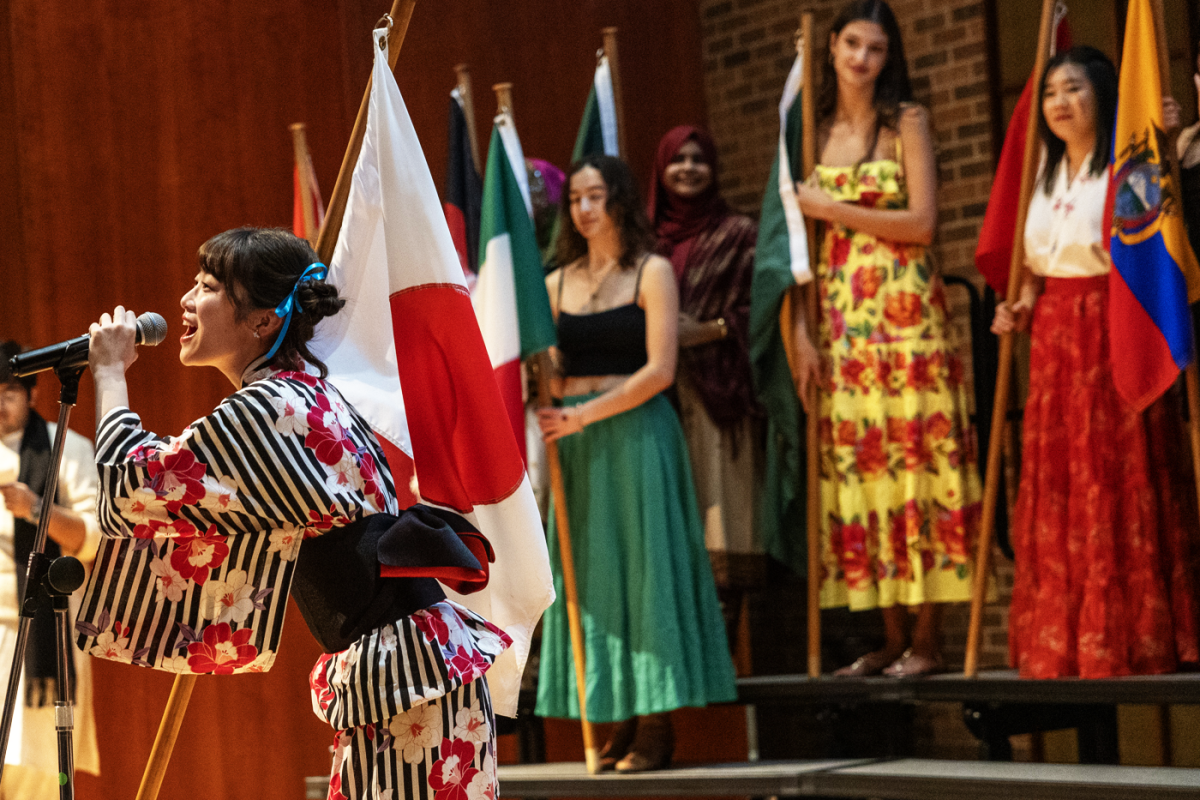Counseling ambassadors work to make students aware of resources
Mental health counseling often comes with a lot of stigma, and on the Knox campus, there are some misconceptions. Counseling Services Peer Educator, junior Becca Gadiel, says a common misconception is that there’s a long waitlist for appointments. The truth is, while starting counseling at Knox requires an intake form and appointments are on a biweekly basis, you can schedule an appointment at any time.
For the second year in a row, Peer Educators with Counseling Services are working to dispel common misconceptions about counseling at Knox, and to make resources for mental health more accessible to all students by helping to organize various outreach events. They annually help to host Fresh Check Day, or Fresh Check Week this year, wherein they set up different booths for students to visit, each focusing on a different integral part of one’s well-being.
Throughout the term, each peer educator hosts their own workshop on different topics; including but not limited to anxiety, depression, stress management and boundaries.
“A big thing about the counseling center is that they want people to be taking initiative over their own mental health,” said Gadiel. “If people don’t feel like they’re ready, or want or need to be in regular counseling, then there’s still these resources where they can get tips or help.”
Beginning this term, the peer educators lead nightly meditations Monday through Thursday at different times between 10:00 p.m. and 11:00 p.m. The intent is to help students get ready for bed while cultivating tools to help them be mindful and self-soothe.
Each night there’s a different focus; some themes include the five senses, visualizing different colors, or muscle relaxation and breathing techniques. With a usual turnout of 2-5 students, the Counseling Service meditations allow students to meditate alongside each other on a Google Meet.
“There’s so many meditation apps and people could just look [meditations] up, but it also is a community thing and just being able to interact with someone live. I feel like it adds a different layer to it,” said Gadiel.
During the past summer, sophomore Mimi Schweitzer grew interested in various self-nurturing activities, including meditation. With nothing to do during modified quarantine at the beginning of the term, she looked through the events calendar and noticed the online meditations scheduled, and decided it’d be a great routine activity to share with her roommate. She has found meditating to be an important part of cultivating peace of mind.
“Sometimes it’s hard to slow down in a day and reflect on how things go and reflect over certain emotions,” said Schweitzer. “For me, it’s personally a way to slow down the pace, especially since I’m such a busy, keep going, keep moving person.”
Providing these types of student resources online has proven to be increasingly important, as the pandemic has impacted the ability of Knox College to offer counseling, particularly to remote students. While students residing within Illinois are able to receive online counseling with no obstacles, licensing laws vary from state to state, and therefore out-of-state and international remote learners cannot receive counseling from Knox.
While counselors will still try to aid remote students by connecting them to resources more local to their current living place, getting help is undoubtedly more challenging than in regular circumstances for a myriad of reasons.
As a result, the role of peer educators is more crucial than ever, as online outreach is the most accessible resource for every single student’s mental health. There is a shared sentiment that aside from logistics, the pandemic has complicated mental health issues for the general public in many ways, on account of decreased socialization and distant feelings of normalcy.
“I think [the meditations are] such an important resource,” said Schweitzer. “I wasn’t really connected to the counseling service before all of this, so them actually reaching out and doing this for all of us, it’s really huge. Especially in a time where a lot of people are kind of in an uncertain spot.”







